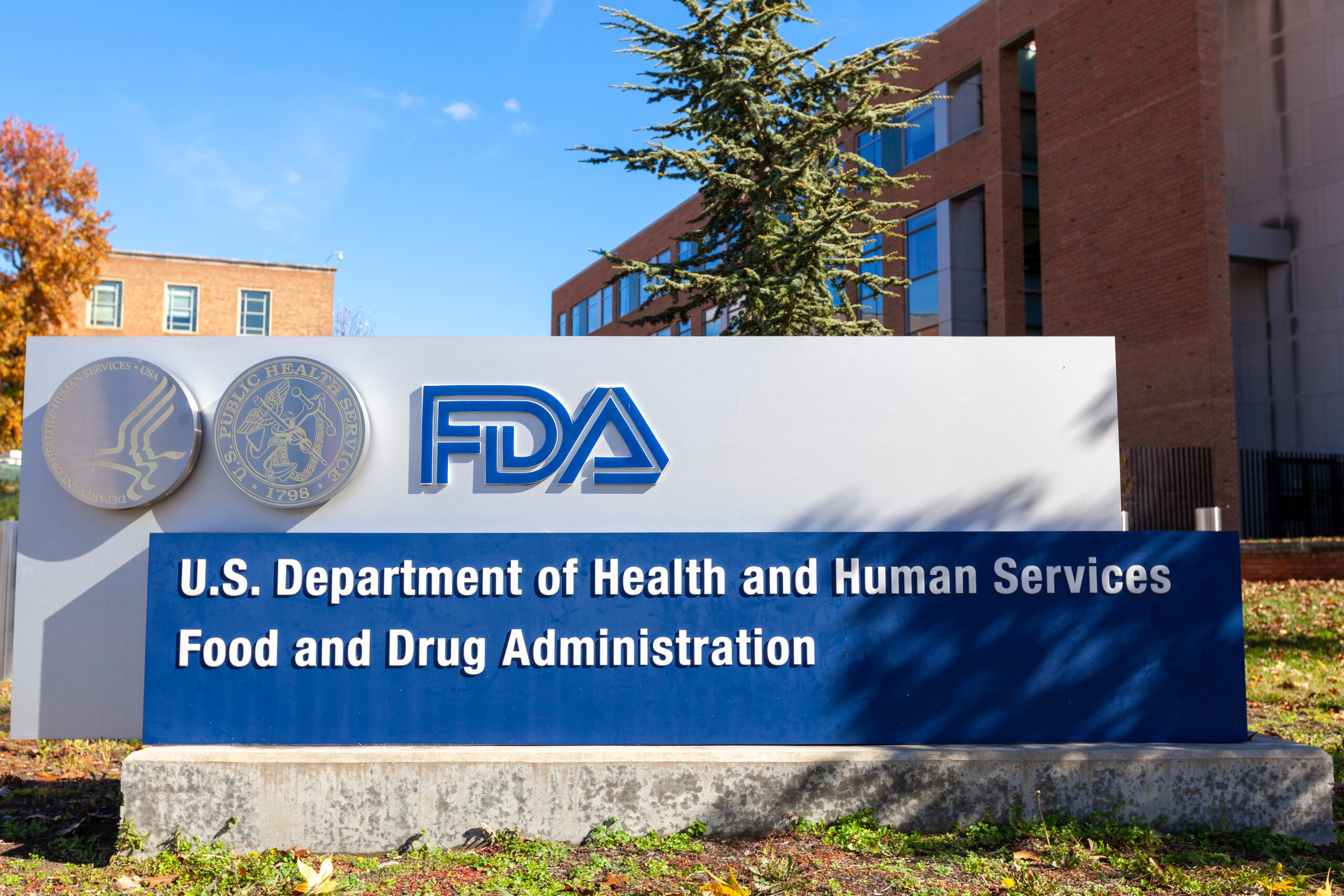Massachusetts-based biopharmaceutical company Sage Therapeutics has announced positive results from two Phase III clinical trials investigating brexanolone, a drug developed to treat postpartum depression (PPD).
Patients treated with the IV drug showed a significant reduction in the Hamilton Rating Scale for Depression (HAM-D) total score, compared to the placebo, 60 hours after treatment. Furthermore, this reduction in the HAM-D score was maintained for 30 days.
Some women experience PPD as early as their last trimester of pregnancy, or as late as four weeks after delivering their baby. While up to 20 percent of new mothers in the US experience PPD, it’s believed that many cases go undiagnosed due to inconsistencies in screening for the condition.
Currently, no therapies have been approved to treat PPD.
“PPD is commonly viewed as a disorder solely experienced by the mother, but it also seriously impacts the child and family members – both immediate and extended,” said Dr. Samantha Meltzer-Brody, associate professor and director of UNC Perinatal Psychiatry Program of the UNC Center for Women’s Mood Disorders and primary investigator of the studies. “Symptoms of PPD should not be overlooked by new moms or those in their support networks and the healthcare community should encourage discussion and appropriate action.”
Across the two studies in the Hummingbird Phase III program, 226 women were enrolled based on depressive symptoms characteristic of PPD. Participants were randomly assigned to receive brexanolone or a placebo during the trials.
“These data meaningfully advance our understanding of PPD and may prompt medical professionals to evaluate how PPD is perceived, identified and treated within their practices in the future,” said Meltzer-Brody. “In these studies, brexanolone provided a profound and durable effect over the study period that could be an important step in potentially changing the way health care providers think about treating this disorder.”
According to Sage, the company plans to file a New Drug Application (NDA) with the US Food and Drug Administration (FDA) as early as next year.
“This is the first Phase 3 program conducted specifically in women with PPD and these results exemplify the value of Sage’s distinct approach to clinical research,” said Dr. Jeff Jonas, chief executive officer of Sage. “We are pleased with the findings, specifically the rapid onset of action and duration of effect observed in all arms of the Hummingbird program. We believe the data represent an unprecedented opportunity in the development of treatments for PPD, and may serve as the catalyst for a paradigm shift in how the disease is approached and, if approved, may change how PPD is treated.”












Join or login to leave a comment
JOIN LOGIN